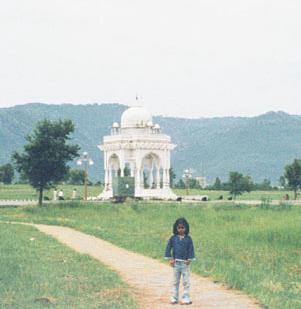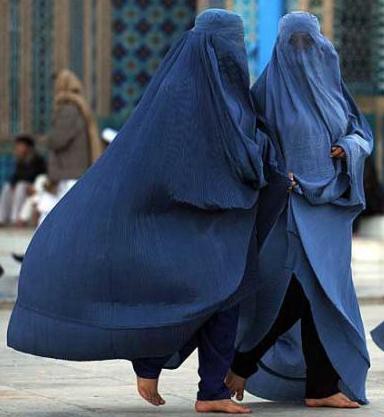“Widows take sweets to a saint’s shrine/ I’ll bring God popcorn and beg him to kill mine”


There is a virtuosic, long and vividly reported piece up at the Poetry Foundation about the landay, a form of oral folk poetry “created by and for mostly illiterate people: the more than twenty million Pashtun women who span the border between Afghanistan and Pakistan.”
A landay has only a few formal properties. Each has twenty-two syllables: nine in the first line, thirteen in the second. The poem ends with the sound “ma” or “na.” Sometimes they rhyme, but more often not. In Pashto, they lilt internally from word to word in a kind of two-line lullaby that belies the sharpness of their content, which is distinctive not only for its beauty, bawdiness, and wit, but also for the piercing ability to articulate a common truth about war, separation, homeland, grief, or love. Within these five main tropes, the couplets express a collective fury, a lament, an earthy joke, a love of home, a longing for the end of separation, a call to arms, all of which frustrate any facile image of a Pashtun woman as nothing but a mute ghost beneath a blue burqa.
Eliza Grizwold began her extended investigation after hearing about the death of a teenage girl who went by the pseudonym of Rahila Muska. Pulled out of school in the fifth grade and forbidden to leave home, Muska educated herself almost solely through poetry programs on the radio. She began phoning a women’s literary group called Mirman Baheer, which meets in Kabul every Saturday afternoon and runs a hotline for rural girls to call in with their own work. When Muska’s brothers discovered her poems, they beat her badly; soon after, she set herself on fire. One of the poems she’d spoken on the radio:
I call. You’re stone./ One day you’ll look and find I’m gone.
Herself a poet, Griswold goes deep into the landay’s fascinating, continuous history from thousands of years ago (the form may have originated as an Indo-Aryan caravan train call-and-response) up to the present. Today, old landays are revived with contemporary nouns; books become guns, or even drones (remoti tayara). Landays are used by teenage couples flirting secretly over text message, by women expressing forbidden sentiments of resentment, anger, fear and contempt.
Widows take sweets to a saint’s shrine/ I’ll bring God popcorn and beg him to kill mine.
Unlucky you who didn’t come last night/ I took the bed’s hard wood post for a man.
I dream I am the president./ When I awake, I am the beggar of the world.
There are grief landays, wedding-night landays, prison landays and jihad landays, anti-American landays and anti-Taliban landays — all of them expressing the reality of contemporary Afghanistan in a way that news alone can’t quite cover.
Photo via PASHTUN_PRIDE/flickr.